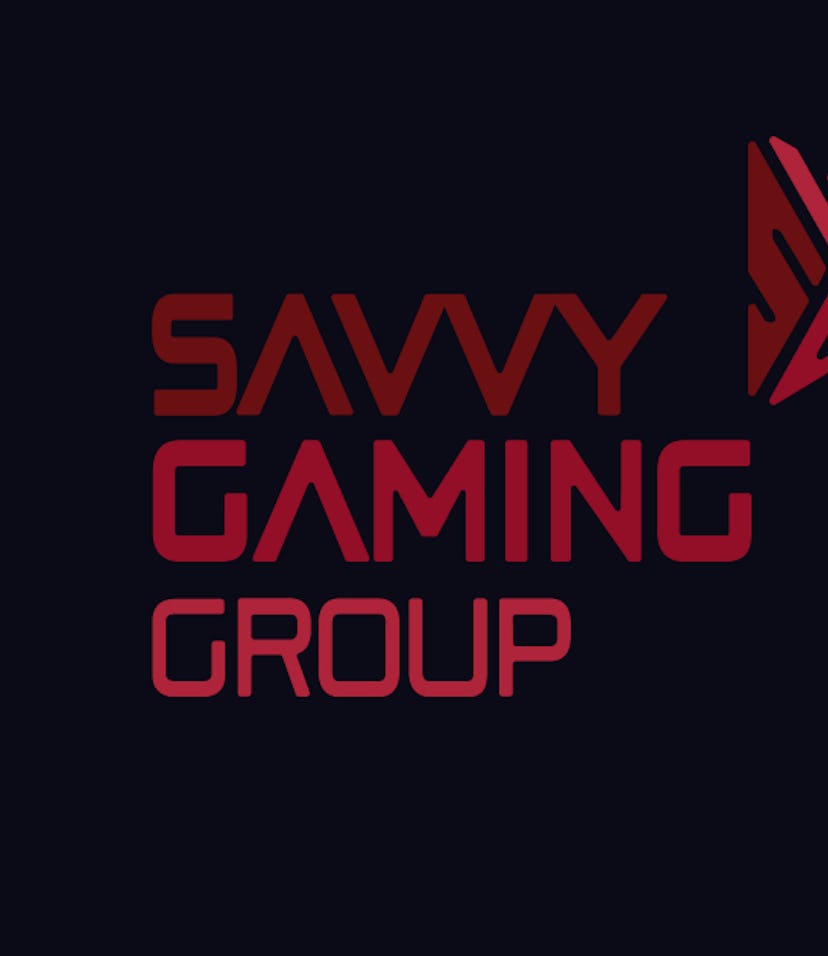Gaming
Saudi-Arabia’s Savvy Gaming buys ESL Gaming and FACEIT for $1.5 billion
The Saudi Arabia-backed Savvy Gaming is funded by the Kingdom's Public Investment Fund.

ESL Gaming and FACEIT are merging to form the ESL FACEIT Group, thanks to a $1.5 billion acquisition by Saudi Arabia-backed company Savvy Gaming Group (SGG).
In a press release this week announcing the merger and acquisition, it was shared that the deal is “subject to regulatory approval” and will close by the end of June this year. Both ESL and FACEIT will keep key executive leaders, but the companies will now be one with ESL’s Craig Levine and FACEIT’s Niccolo Maisto serving as co-CEOs.
The plan is “to create the world’s leading competitive gaming platform.” Levine said the merger will give ESL more resources to keep building and make its services better.
Parent company — Savvy Gaming is wholly owned by Saudi Arabia’s Public Investment Fund (PIF). PIF was established in 1971. Since its inception, it’s started nearly 50 companies, created nearly half a million jobs and has plans to invest in renewable energy. Savvy Gaming was formed last year “to help drive the long-term growth and development of the global gaming industry.”
The SGG’s CEO is Brian Ward, a US-based gaming industry executive who worked at Activision for eight years, Electronic Arts for six and Microsoft’s Gaming Studios for two. He has a background in game studio planning and business affairs.
SGG’s website is currently private, only available to those with a login.
Mixed reviews — Gaming is already a huge and exploding industry in the Middle East and North Africa (MENA) region, with a current estimated value of $5.4 billion. While this ESA FACEIT acquisition sounds like good news as the gaming industry becomes increasingly global and aware of the MENA gaming market, others have expressed concerns.
Kotaku argued that the acquisition was an example of “sportswashing,” which is where a company or country uses sports as a way to improve its public image.
In response to ESL’s announcement tweet above, some gamers called for the industry as a whole to “keep government money out of esports.”
More than oil — But neither FACEIT nor ESL appear to be publicly advertising their new owner in their respective Twitter posts announcing the merger, so the more obvious reason is that the Kingdom wants to diversify its investment portfolio beyond just the oil industry.
Governments in gaming — It’s worth noting that this is far from the first time a government has bought into the ESL, let alone esports. The United States Air Force was a sponsor for the ESL as recently as 2020. And the US military’s involvement with the ESL did spawn some fan backlash, with Twitter users typing the “clown” emoji and others calling it “actually disgusting.”
The US Army also has its own esports team, whose representatives streamed on Twitch until chatters kept asking about war crimes. In 2020, the US Navy partnered with Twitch and ESL to make its own CS:GO team. So this kind of involvement is nothing new.
But this appears to be the direction large gaming companies are trending, and have already been, for decades. Whether gamers like it or not, governments around the world are already involved in esports and video games. For example, Activision Blizzard King — now owned by Microsoft — has hired controversial US politicians.
And Game World Observer argued that China “might use its biggest game company [Tencent] as a tool to spread its influence globally, just like Hollywood expanded the US culture all over the world.”